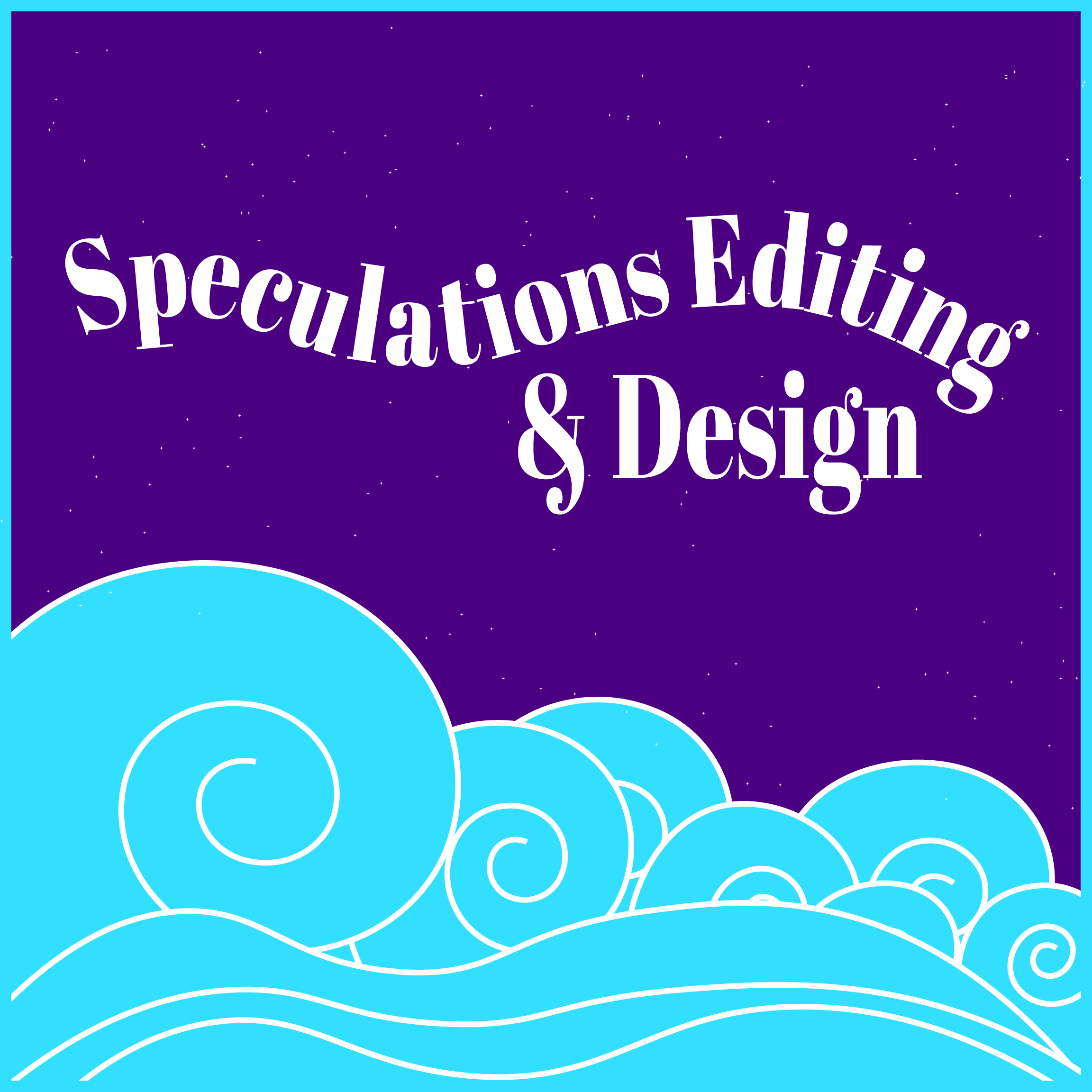Welcome back! In this final installment in my series on point of view (POV), I will be discussing the most popular point of view used in fiction: third person. The different points of view and the use of first-person and second-person POVs were covered earlier in this series.
Third person is popular for a reason. It is very flexible. You can choose to show your fictional world from many viewpoints and intimacy levels within one POV.
Third-Person Omniscient: You can show the reader your world from completely outside the characters and setting yet be able to relate—or refuse to relate—the thoughts and actions of each at your own whim or for your own devious intentions (e.g., to drive your reader crazy with suspense).
Third-Person Objective: Again, you can show your reader your world from the outside but, in this case, refrain from getting inside the characters’ heads. Only actions, narrative, and description are used to tell your story. All thoughts and feelings must be learned or inferred by the reader from these elements.
Third-Person Limited: With this POV, you can take a more intimate approach and get up close and personal with one of your characters. This can be a single character in a novel (also referred to as third-person single POV) or multiple characters (also referred to as third-person multiple POV). The latter can be distinguished from third-person objective in that at any one time in the story, only the viewpoint of one character is shown. In this case, any shifts from one character to another must be done carefully, such as through a natural break in the story with a scene shift or new chapter.
As with the previous weeks, I will demonstrate third-person POV (limited in this case) with a short scene from The Magician’s Wife. This same scene was covered in the first-person and second-person POVs in my previous posts.
Excerpt, The Magician’s Wife by Janell E. Robisch
“Sarin, you must be careful.”
“Lew, do not speak that way. There is nothing to worry about. It is just another spell. As soon as Kaleo arrives with the herb, everything will be fine.” Her voice was shaking terribly despite all her efforts to remain calm. After wringing a warm cloth between her trembling hands, she applied the compress to her husband’s cheeks and forehead.
“Sarin, look at me, at my face!” he said, pulling her wrist and the cloth down.
Reluctantly, she brought her eyes to his, blinking back tears. His green eyes were bright, but the flesh around them was pale and drawn. Moving his hand to hers, he squeezed gently. “Sarin, this is the last time. The Guardians are calling me. It’s time to go.”
“No.” She shook her head hard and felt her hair brush the sides of her face. It usually annoyed her, but now it seemed unimportant.
Lew’s eyes focused on her once more. “Listen to me Sarin, you have to be careful with the magic. Do not trust anyone. Do not tell anyone. If I had known . . . . I never should have taught you anything.” She heard no malice in his voice, only fear and regret. “You must promise me to be careful.”
His lips faded to a lighter shade of pink as if all his blood were rushing down to his ailing heart, but Sarin knew the truth. She could feel its beat slowing as surely as if it were her own. Soon, it would stop.
“I promise,” she nodded. “I promise.” The truth of his departure was becoming clear to her as the emerald sparkle of his eyes finally began to fade.
As a warm tear slid down her nose, Sarin made the four-pointed sign of the Guardians over her husband’s chest. “I love you,” she whispered, burying her face in his shoulder, inhaling his scent as if she could hold on to it. She felt his cool, weak hand rest on her neck. “Don’t forget me.”
“Never, my little star. Never.”
The hand slipped ever-so-slowly from her neck, and Sarin broke into sobs, her fists buried in Lew’s tunic, knowing she would never hear his sweet voice again.
Now that you have read all three, which do you prefer for this scene?
Resources
Deep POV—What’s So Deep About It by Beth Hill, The Editor’s Blog
The Power of Point of View: Make Your Story Come To Life by Alicia Rasley
Using Third Person Multiple POV by Mac Hopkins, Scribophile Writing Academy
What Point of View Should You Use in Your Novel? (First Person? Third Person?) by James V. Smith, Jr., Writer’s Digest
2 Comments





